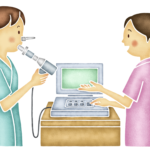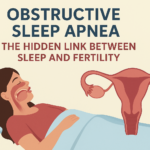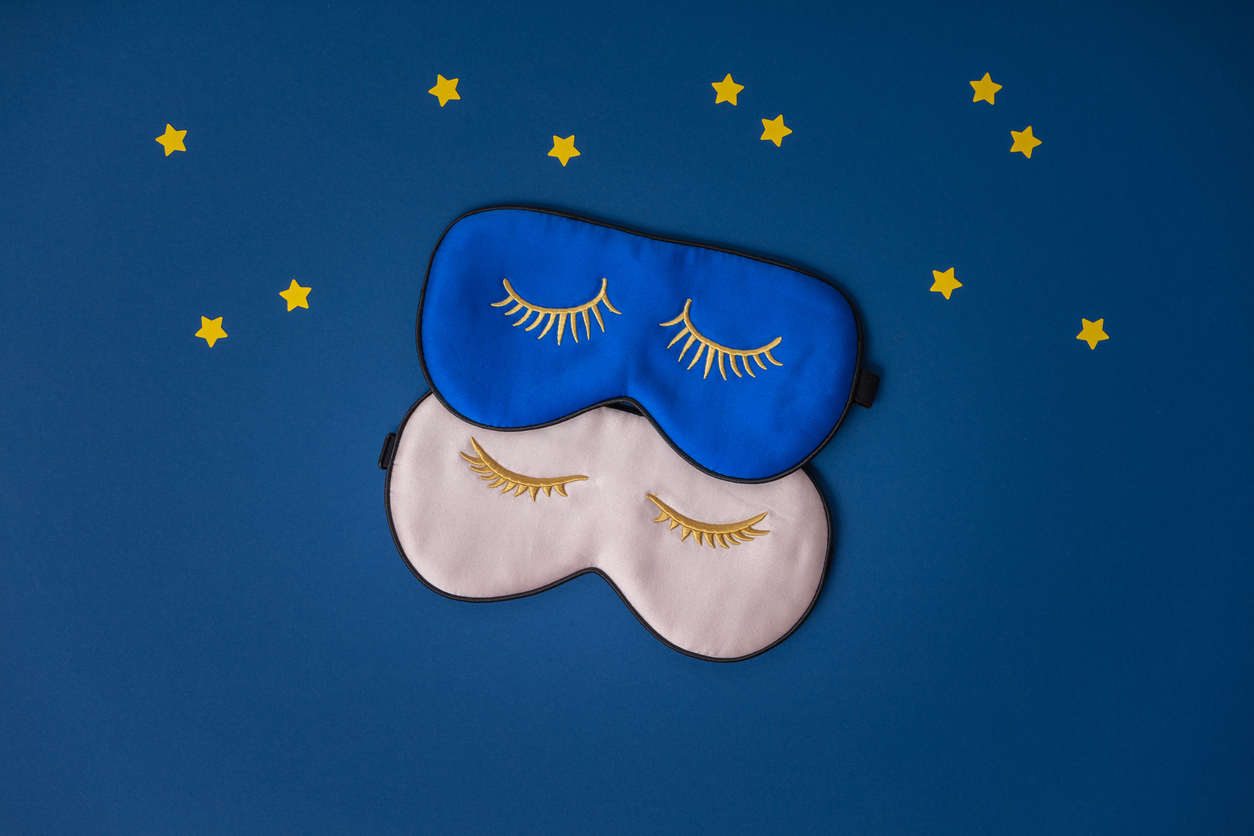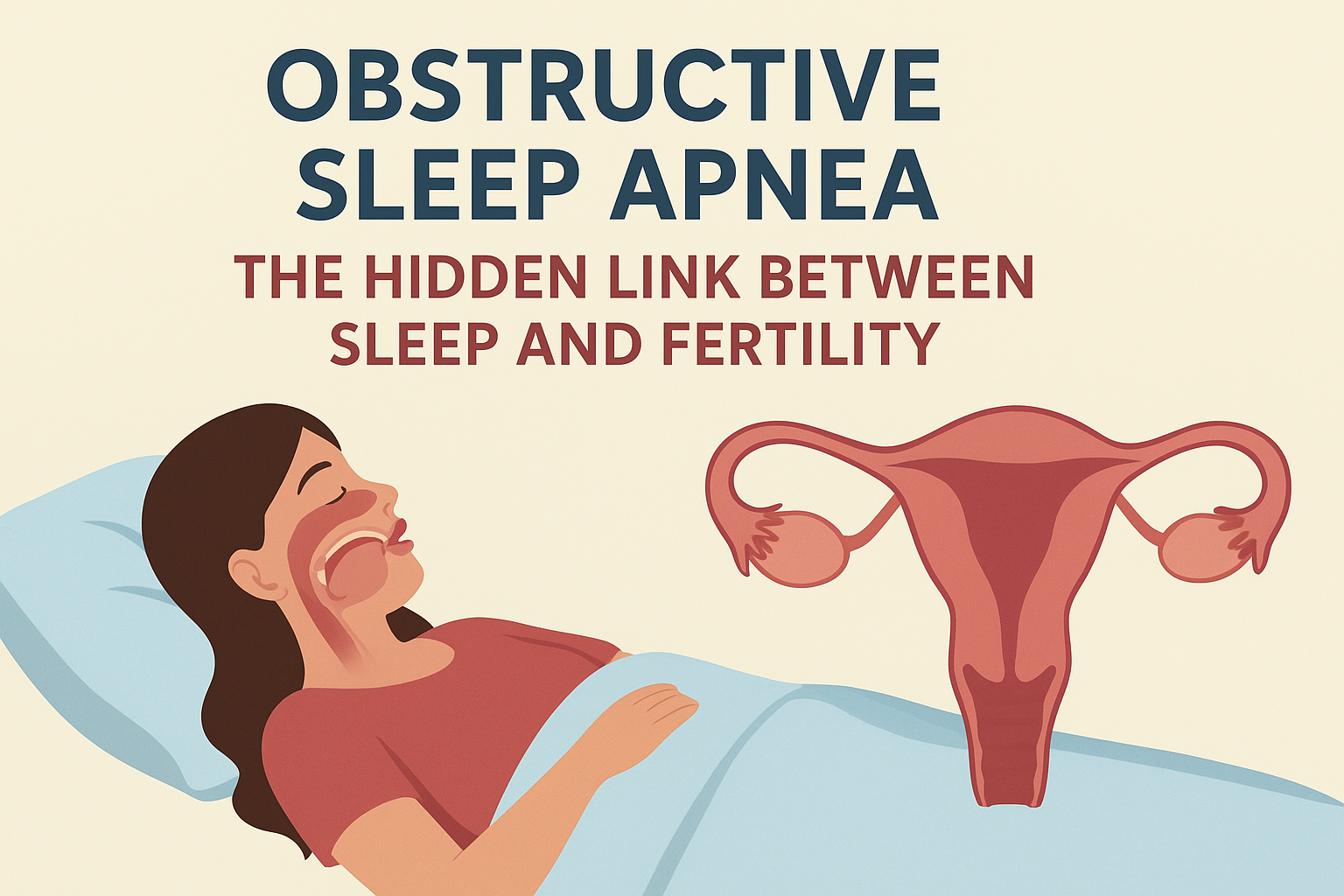April 6th 2021|| Nightmares, Causes by Dr.Manvir/Saunri
Nightmares
Nightmares are extremely unpleasant and troubling dreams that wake you up from your sleep and involve emotions such as fear, anxiety, sadness or despair. While almost everyone has an occasional bad dream, people with Nightmare Disorder have at least one bad dream per week. Almost 50 percent of children between the ages of 3 to 6 complain of frequent nightmares and most of them outgrow the nightmares by the age of 12. Around 1 to 7 percent of adults have nightmares every week and is more frequent in women than in men.
Causes of Nightmare Disorder
- In adults, mental health issues such as Post Traumatic Stress Disorder, General Anxiety Disorder, Borderline Personality Disorder and Schizophrenia are the major issues that lead to Nightmare disorder.
- Obstructive Sleep Apnea has also been associated with higher frequency of nightmares
- Stress and anxiety in students are also a major reason for nightmares.
- It can also be caused due to withdrawal from certain medications, especially medicines that induce REM sleep. Lack of sleep hygiene and sleep deprivation make Nightmare Disorder worse.
What happens in Nightmare Disorder?
A person with Nightmare Disorders experiences a nightmare at least once a week. Nightmares typically occur in REM sleep during the second half of the night. They can negatively affect the person’s sleep both in quantity and quality as well as awake time by affecting mood and cognitive function.
Nightmare Disorder can lead to:
- Excessive daytime sleepiness
- Decreased sleep quality
- Decreased sleep quantity
- Mood disorders
- Anxiety
- Sleep avoidance due to the fear of nightmares which can in turn lead to sleep deprivation and increase nightmares.
How is Nightmare Disorder Treated?
Certain therapies are majorly used to treat Nightmare Disorder:
Image Reversal Therapy: In Image reversal therapy the patient is made to rechange their nightmare with a happier ending while they are awake. The patient is then made to imagine the revised dream 3 to 4 times a day.
Desensitization and Exposure Therapy: In this therapy, the patient is taught to relax muscles while thinking about the main stressor in their nightmare, thus desensitizing them to the stressor when it occurs during the dream.
Lucid Dreaming: In Lucid dreaming therapy, the patient is taught to be aware of his dream while dreaming and change the ending of the nightmare by will.
Medication: Sometimes medications for PTSD help to reduce nightmares as well.
When should you see a doctor?
If you get nightmares more than once a week, if they affect your sleep and daytime activities, or if your nightmares start at the same time that you start taking a new medication, then you should consult a doctor.
To seek help or know more about Nightmares, you can visit the Neurology and Sleep Centre, the 1st sleep centre in the country accredited by Indian Board of Sleep Medicine at L-23, Hauz Khas Enclave, New Delhi, Delhi-110016 (INDIA)
Or give a call on +91-11-46070321, +91-9643500270,











